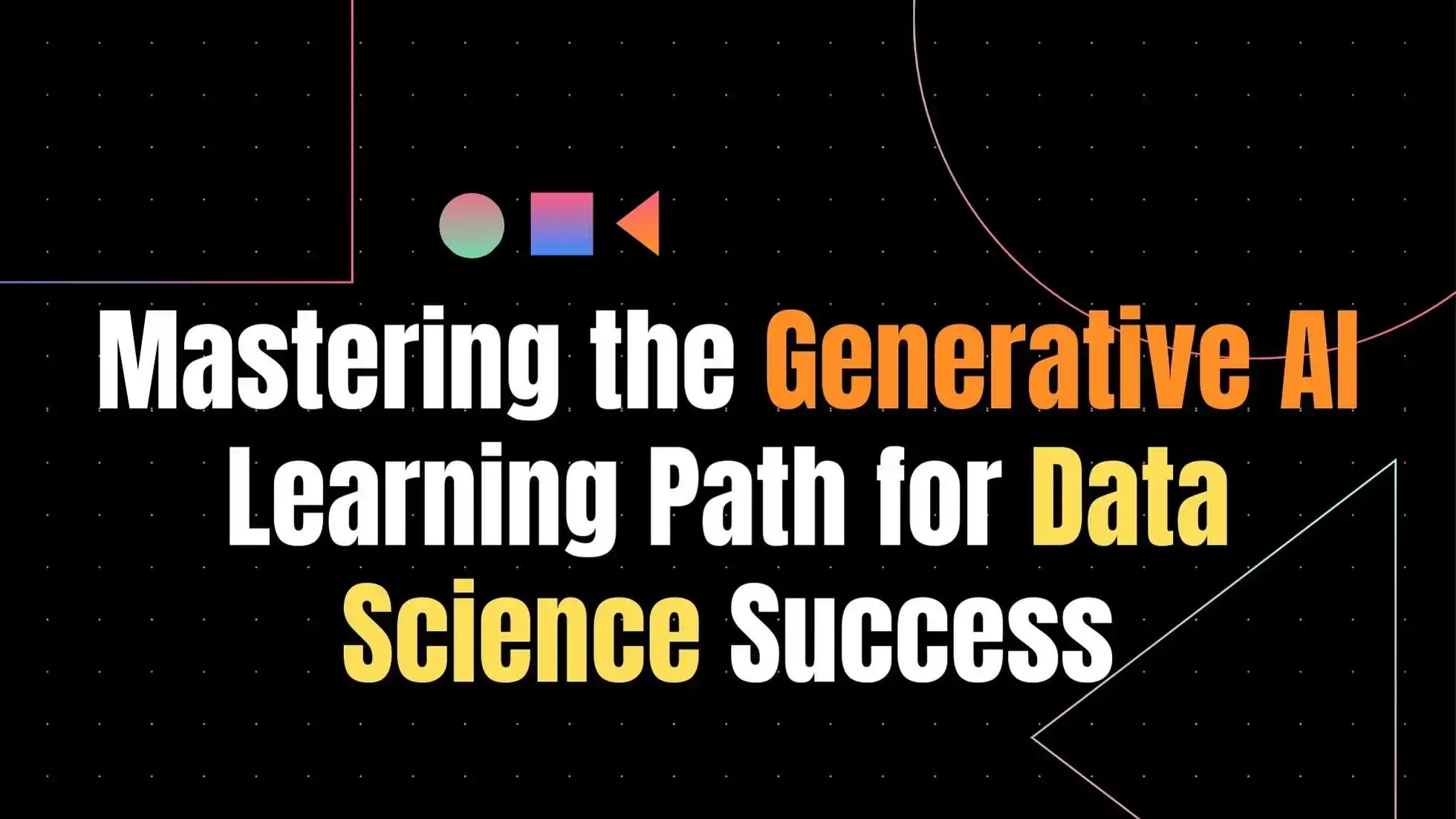With people coming from a variety of educational backgrounds, data science has become a dominant sector in the employment market in recent years. There’s a growing belief that college degrees may not be as important in the field of data science, even though many people still think that a college education is the key to success. We’ll look at why a college degree might not always be the key to a successful career in data science in this blog post.
Rapidly Chaning Landscape
- Data science technologies and methodologies are evolving quickly.
- College curriculums may lag behind industry advancements.
- Graduates may be ill-equipped to tackle real-world data science challenges.
The field of data science is dynamic, with methods, technologies, and tools developing at a rate never seen before. Conversely, because of bureaucratic procedures and the length of time it takes to change curricula, college curricula sometimes lag behind advances in the industry. Graduates may not be prepared to handle the modern data scientists’ real-world problems as a result of this disparity.
Practicle Skills vs Theoretical Knowledge
While college courses provide a good theoretical foundation, data science is mostly concerned with practical abilities. Employers are frequently more interested in what you can do with your knowledge than in how much theoretical knowledge you’ve collected during your study. Individuals who self-teach or learn skills in other ways frequently display a more hands-on, practical approach that matches with industry objectives.
The Rise of Online Learning Platform
The arrival of online learning platforms has transformed education, allowing people to learn at their own pace and frequently at a fraction of the expense of traditional schooling. Platforms such as Coursera, edX, and Udemy provide specialized data science courses taught by industry experts, resulting in a more concentrated and relevant education than comprehensive academic degrees.
Project Based Learning
Data science is a field that requires the capacity to apply knowledge to real-world situations. Many effective data scientists emphasize the value of project-based learning, in which individuals work on real-world projects to refine their skills. Project-based learning is frequently incorporated into online platforms, bootcamps, and self-guided learning routes, providing a more practical and hands-on approach than typical college programs.
Diverse Entry Path
Unlike some professions that strictly require a specific degree for entry, data science is known for its diverse entry paths. Professionals in the field come from varied backgrounds, including mathematics, computer science, physics, engineering, and even the humanities. This diversity illustrates that a degree in data science or a related field is not the only way to break into the industry successfully.
Conclusion
While a college education is unquestionably valuable as a foundation for learning, the data science landscape requires continuous adaptation and practical skills that go beyond the scope of traditional education. As the industry develops, so must the approach to data science education. Aspiring data scientists should consider a mix of online courses, self-directed learning, and hands-on projects to develop a robust skill set that aligns with the ever-changing demands of the field of data science. Finally, success in data science career may necessitate thinking outside the box of conventional educational paths.






